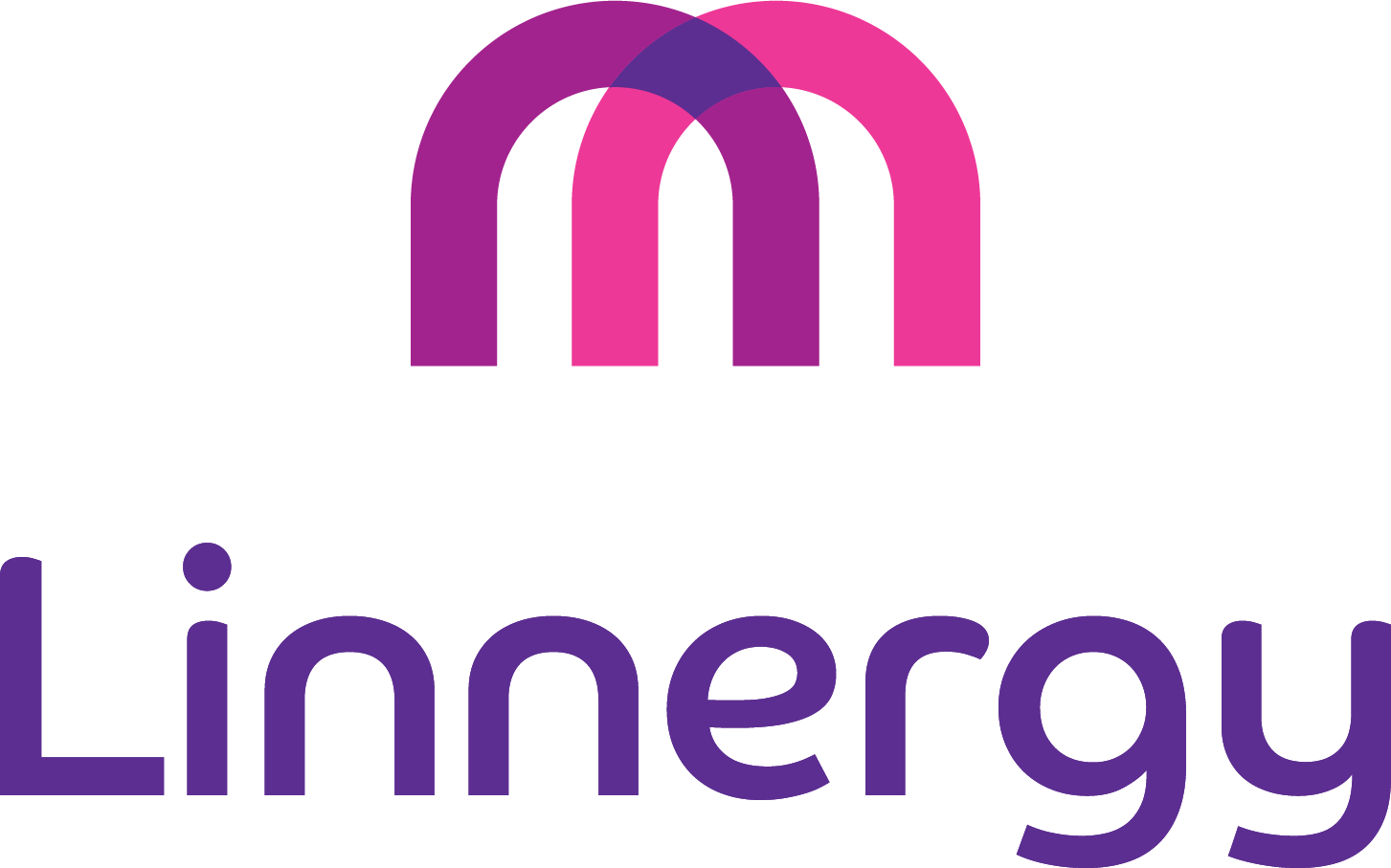I find books to be a key source of inspiration and, as a result, I am constantly reading on my Kindle or listening on Audible. I have provided, below, a brief outline of some of the books that I have found to be inspirational. I will add to these books over time.
Humble Consulting
How to provide real help faster
By Edgar Schein
Edgar Schein, now 91 and former professor at MIT Sloan School of Management, is a true guru in the field of Organisational Development. He has written many books over the journey and all are worth reading.
Humble consulting was first published in April 2016 and encompasses some critical learnings from Schein’s long and distinguished consulting career.
This book was published as I had just finished reading his previous book on a similar theme “Humble Inquiry: The Gentle Art of Asking Instead of Telling”. Both books represent the closest match to the philosophies expounded in the Linnergy approach. Both are excellent reads.
In this book, he essentially challenges consultants and advisors to bring a different mindset to their assignments and with it, to think differently about how they add value. “In the new Humble Consulting role, the consultant’s primary purpose is to enable the client to figure out and make sense of what is really worrying her, what is really on her mind.”
One of the most exciting parts of this book, for me, is something that has been a passion of mine for years and is encapsulated the sub-heading to the book; How to provide real help faster. How to provide help in real time, then and there, when the client really needs it and is ready to tackle the issues. This contrasts with the more traditional approach of having to go away and contemplate the issues then come back with a proposal. To quote a now clichéd statement; seize the moment. How do you start the assignment then and there?
Subsequent, to these two books Schein published (in Aug 2018) a third book in the Humble trilogy; “Humble Leadership: The Power of Relationships, Openness, and Trust”. I will, no doubt, get to read that book shortly 😊
Immunity to Change
How to overcome it and unlock the potential in yourself and your organisation
By Robert Kegan and Laskow Lahey
This is a book I have listened to a number of times and is a very powerful book for those looking to lead change in their organisations and their people. It explores why people (and organisations) often find change so difficult. The following quote sets the scene for to book: “A recent study showed that when doctors tell heart patients they will die if they don't change their habits, only one in seven will be able to follow through successfully. Desire and motivation aren't enough: even when it's literally a matter of life or death, the ability to change remains maddeningly elusive.”
The authors go onto develop, what they refer to as an immunity to change x-ray tool, designed to help people through the change process. Instead of simply identifying what people want to change to and then developing action plans to make the change – an approach that often does not work – it takes a different approach. It seeks to understand, what is referred to in NLP as the secondary gains of, the self-defeating behaviours we want to change and then works with the beliefs and assumptions that sit support and maintain these behaviours.
A highly recommended book whether you are looking to bring about change in your organisation or yourself.
The Practice of Adaptive Leadership
Tools and tactics for changing your organisation and the world.
By Ronald A Heifetz, Marty Linsky & Alexander Grashow
This is a watershed book that is referenced by many other authors and commentators, including in some of the books noted on this page. This is Heifetz’s second book on adaptive leadership with the first being “Leadership Without Easy Answers”.
The book draws the contrast between technical problems and adaptive challenges. Technical problems have clearly defined approaches and are ‘fixed’ by experts. Whereas, adaptive challenges are often more uncertain and as a result are resolved through adaptive ‘moves’. As a result the book makes the key point that different problems require different approaches. However because most of us are conversant with technical problems we often take an expert approach to solving all problems. This, the authors point out, is a key failing of leadership or, to put it more succinctly;
“The single biggest failure of leadership is to treat adaptive challenges like technical problems.”
A must read seminal book.
Nita Cherry is professor of leadership at Swinburne University. She has also been an important mentor and coach to me over the journey.
Nita has a depth of knowledge and experience on leadership shared by few others. She brings insightful and intuitive thinking to the topic and, as result, gets beyond the superficial approach to leadership so often presented by other authors and commentators.
The major themes of the book are relatively simple:
1) Leadership is essentially about managing energy – yours and that of whom you seek to lead.
2) Leadership is a practise that is learned and is something all of us can access regardless of where we are in an organisation. It is a deliberate, discerning, intentional behaviour, not an unconscious set of habits or inherent personal traits.
The book then explores practical approaches to managing energy – energising leadership – and draws on many other excellent sources. It is not an easy read, compared to many other books I have read, but it was an extremely valuable read. The approach is insightful, comprehensive and practical.
